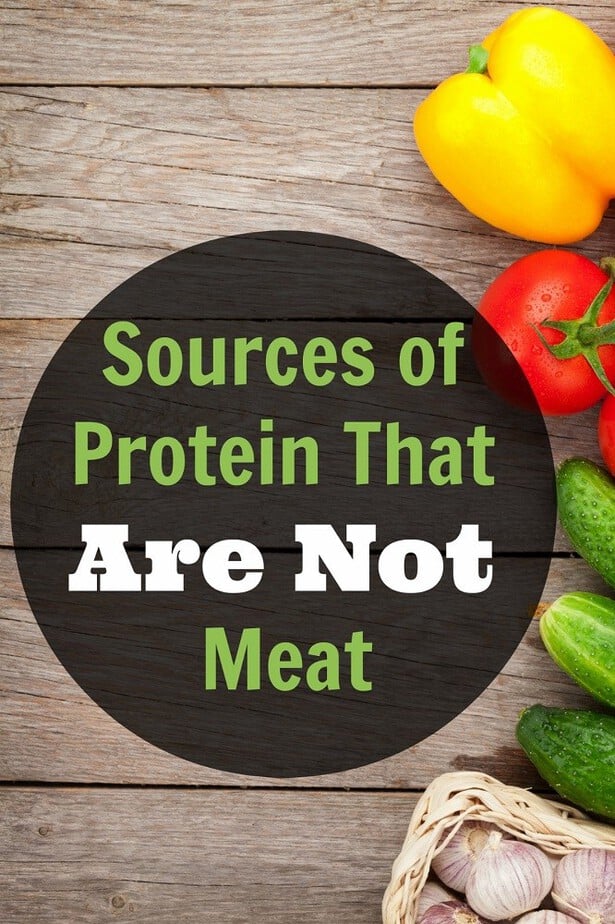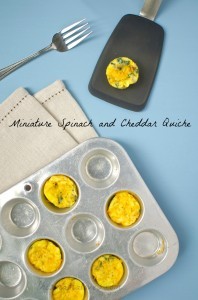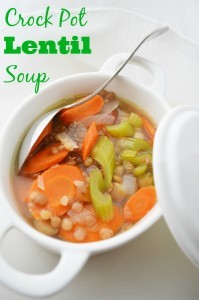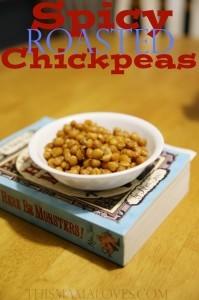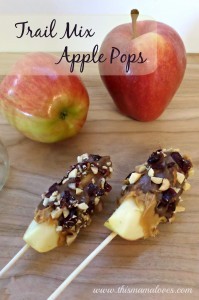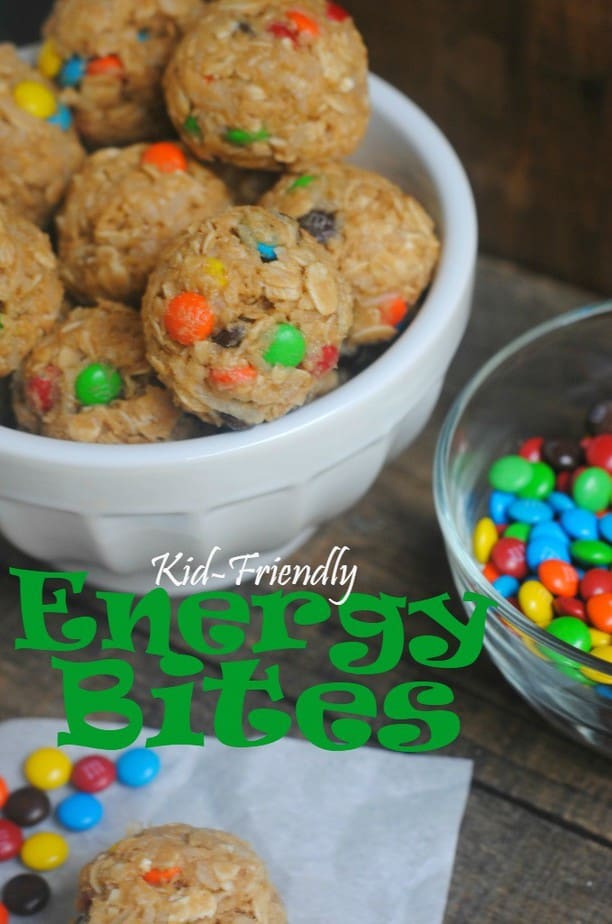Often times when people think of protein sources they immediately think of beef and chicken. But there are many other great and nutritious sources of protein available. Here is a list of non meat protein sources.
Eggs. One large egg contains about 6 grams of protein, and about 90 calories. Eating a two egg omelet for breakfast is a great way to start the day. Don’t be afraid of the yolk – it’s the most nutritious part! Yolks contain protein, Vitamin B12, Phosporus, Selenium and more. Check out this table that compares all of the nutrients in egg whites vs. egg yolks.
Mini Spinach and Cheddar Quiche makes for a great breakfast- or even a quick snack
Cottage Cheese. Cottage cheese is an amazing source of protein. A half cup of cottage cheese contains about 15 grams of protein. Combine it with fruits, like pineapples or strawberries, for a delicious snack. Less solid cheeses (like cottage cheese) contain less fat than solid cheeses. Cottage cheese is also a good source of Vitamin B12, Phosphorus and Calcium.
Greek Yogurt. Six ounces of Greek yogurt equates to about 15 grams of protein – much more than traditional yogurt. This snack also contains calcium (about 20% of the daily recommendation) and live bacteria cultures, which can aid stomach health and digestion.
Lentils. One cup of lentils makes up about 18 grams of protein. This is a great option for vegetarians and non-vegetarians alike! If you want to have one meatless meal a week, using lentils is a great options. One cup contains about 200 calories, and they’re a low-glycemic food, which means it won’t spike your blood sugar. Lentils are also an excellent source of Folate, Phosphorus and Iron. Lentil Soup is a wonderful cold weather dinner that’s great for your body and fills the belly!
Lentil tacos are also great for Taco Tuesdays (we aren’t the only family that has been doing this since the LEGO movie came out, right?
Chickpeas. Chickpeas are in the same family as lentils (legumes). One cup of chickpeas contains 12 grams of protein. Chickpeas are also high in Folate, Copper and fiber. It’s important to note that all legumes are a great source of fiber (and protein). Add them into your diet regularly. We love to snack on Spicy Roasted Chickpeas in our house!
Peanut Butter. Two tablespoons of peanut butter contains about 8 grams of protein. Peanut butter is a great snack full of healthy fats. Consuming healthy fats improves heart and brain health, and also keeps you fuller longer. Eat peanut butter with fruits or on toast with sliced bananas. You can’t go wrong with peanut butter.
Trail Mix Apple Snacks are a protein-packed, healthier snack option that still satisifes the sweet tooth.
Oats. When people think of oatmeal, they probably automatically think “carbs.” But 1 cup of cooked oatmeal contains about 10 grams of protein! That’s a pretty decent amount. Oatmeal is also a good, healthy source of carbohydrates. Don’t be afraid of carbs. The body needs carbs for fuel, especially if you’re active. Combine oatmeal and peanut butter and you’ve got yourself a great, filling snack or meal.
Energy bites are a simple and fast way to prep some healthy snacks for the whole week.
Quinoa. Quinoa grew in popularity in recent years, and rightfully so. It’s a nutrition packed seed that has been deemed a “superfood.” One cup of cooked quinoa contains about 8 grams of protein and 5 grams of fiber. It’s also a good source of Manganese, Magnesium and Phosphorus. Cook it as a side dish or make a quinoa salad with vegetables.
Spinach. Didn’t think a vegetable could contain protein? Think again! One cup of spinach has about 6 grams of protein. That’s a decent amount for a vegetable. Spinach is also incredibly nutritious, full of vitamins, minerals and antioxidants. It’s very high in Vitamin K, Vitamin A, Manganese and Folate.
Next time you need a good source of protein, think again before resorting to beef or chicken! Many of these options contain much more than just protein, and should be incorporated into your daily regimen. Which of these do you eat on a regular basis?
